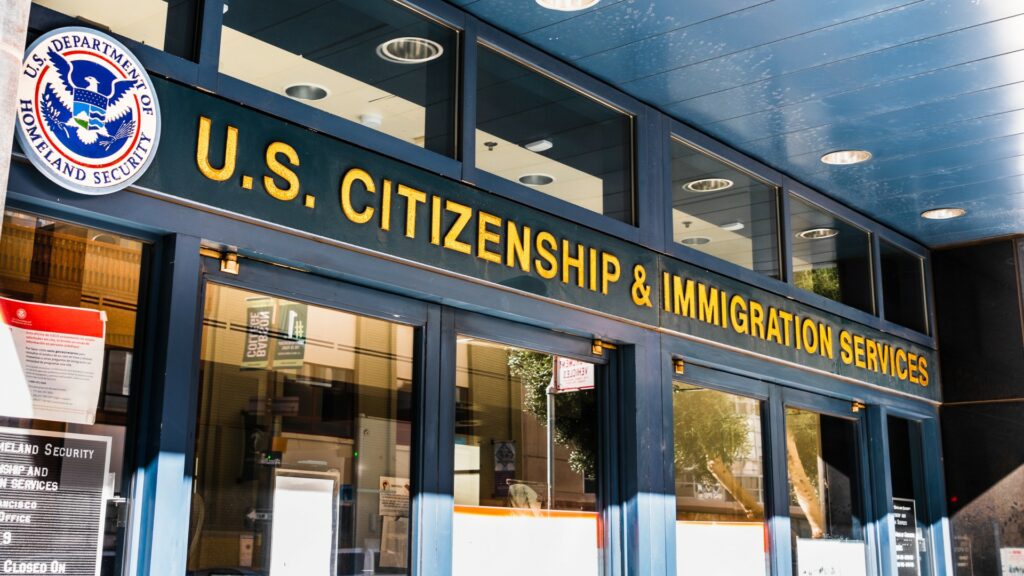United States Citizenship and Immigration Services (USCIS) released updated guidance last week aimed at eliminating “policies that fail to promote access to the legal immigration system.”
“These policy measures are consistent with the Biden-Harris administration’s priorities to eliminate unnecessary barriers to our nation’s legal immigration system and reduce burdens on noncitizens who may be eligible for immigration benefits,” acting USCIS Director Tracy Renaud said in a statement. “USCIS is committed to promoting policies and procedures that ensure we operate in a fair, efficient, and humane manner that reflects America’s heritage as a land of opportunity for those who seek it.”
The new policies impact expedited processing; Requests for Evidence (RFEs) and Notices of Intent to Deny (NOIDs); as well as Employment Authorization Documents (EADs) for certain noncitizens. Key details and information about the updated guidance follows below:
Expedited processing: Criteria and circumstances
The updated policy guidance clarifies the eligibility criteria for expedited processing.
Expedited processing is “a special-situation service that USCIS considers for benefit requestors who urgently need their request for immigration benefits adjudicated.”
USCIS can generally grant expedited processing if one of the following circumstances are met:
- A severe financial loss to a business or individual;
- An emergency and/or an urgent humanitarian reason;
- A U.S. government interest;
- A nonprofit organization whose “request is in furtherance of the cultural and social interests of the United States;” AND/OR
- A clear USCIS error.
USCIS evaluates petitions for expedited processing on a case-by-case basis and requires documentation to support all requests.
Policies regarding Requests for Evidence (RFE) and Notices of Intent to Deny (NOID)
USCIS announced it was rescinding a Trump-era memo issued in July 2018 that allowed the agency to deny or reject certain requests without first issuing a Request for Evidence (RFE) or a Notice of Intent to Deny (NOID).
Therefore, the agency will revert back to previous policy which required USCIS officers to deliver either an RFE or NOID “when additional evidence could potentially demonstrate eligibility for an immigration benefit.”
“This updated policy will ensure that benefit requestors are given an opportunity to correct innocent mistakes and unintentional omissions,” the announcement from USCIS read.
Extended validity period for Employment Authorization Documents (EADs)
USCIS extended the validity period of Employment Authorization Documents (EADs) to two years for certain adjustment of status applications. Previously, EADs were issued for one year.
The updated policy applies to both initial and renewal EADs.
“Increasing the validity period on EADs for certain adjustment applicants is expected to reduce the number of employment authorization requests USCIS receives and allow the agency to shift limited resources to other priority areas,” the announcement from USCIS read. “This guidance was issued due to ongoing processing delays affecting the completion of adjustment of status applications.”

